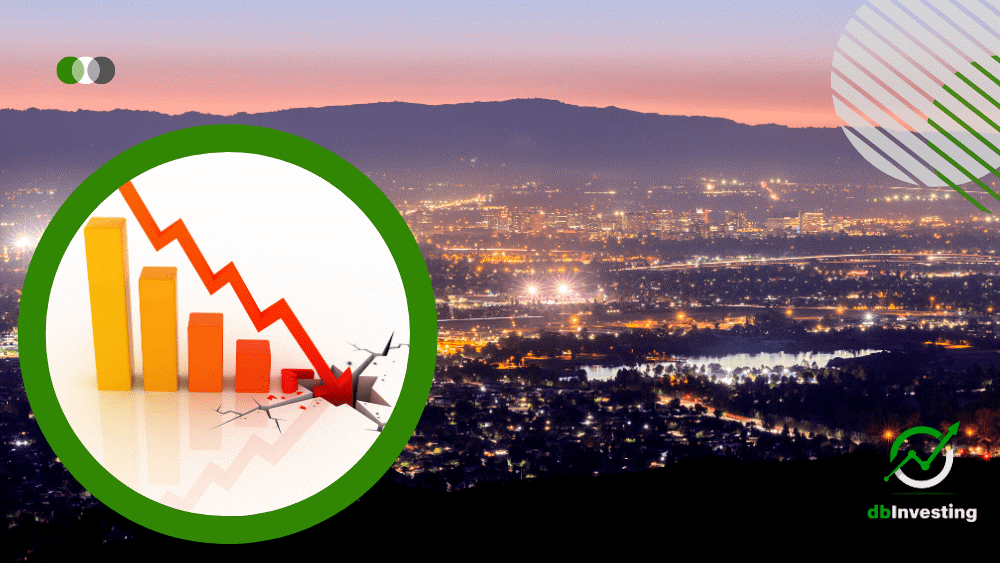Everyone knows that the FDIC only gives you $250,000 in coverage if something happens to your bank. This is why smart people may have accounts in different banks. Good banks tell you not to put more than that amount in their bank to protect you.
However, there are poorly managed banks and despite government-designed, onerous compliance regulations, bad banks still seem to slip
through the cracks. However, in many cases, they give warning signs that people should notice. An example of this might be a much higher rate of return on accounts, CDs or money markets than other banks. The phrase “too good to be true” resonates here.
Silicon Valley Bank (SVB)
I worked for two banks over my career and the watchword had always been “conservatism.” This meant being careful with your investments and keeping a decent amount in reserve. In fact, the latter is mandated. However, the government kept interfering with prudent bank practices, such as forcing (or incenting) banks to make home loans to people who probably would never pay them off (2008).
SVB obviously ignored the risk of having so many volatile depositors/investors. Silicon Valley has a track record of issues and when coupled with more risky investment tech, the result was clear. When the bank announced that they needed to raise $2BB to help out its financial position, depositors panicked and began a run on the bank. Others sold off their investments. SVB CEO, Gary Becker, begged people to ‘stay calm.’ As anyone knows, telling someone who is scared to stay calm never works. Once people heard it, they no longer trusted the bank.
Lies, Damned Lies and Wordsmithing
Venture capitalists and tech leaders asked for help from the government, but insisted they weren’t asking for a bailout. As in so many other situations, it wasn’t the meaning they worried about. The investors insisted on a bailout, but also insisted that no one call it that. BAILOUT, BAILOUT, BAILOUT….neener, neener, neener.
The definition of a bailout is asking the government to do something to prevent private losses. These wealthy people insisted that without a bailout, there would be major financial problems similar to 2008, (and other ominous dates), because people would stop trusting all banks and create a run.
Biden Steals Your Money
Biden is always a fan of spending other peoples’ money (aka taxes) to support his wealthy friends and gain political capital. $175BB is going to be used to backstop deposits, waiving the $250K FDIC limit. He’s also dipping deeper into the insurance deposits, so if another bank has a problem, you and I could be impacted. I don’t know about you, but I don’t have more than $250K anywhere and if I had, I would have put some of it in a different bank.
Regulators are trying to auction off assets that SVB has, but they also plan to tax all the well-managed banks to help this failed bank. That costs each and every one of us money.
Treasury Secretary Janet Yellen and President Biden hammered the same talking point: Nobody is being bailed out. But of course, they are. How many depositors had more than $250K in their accounts. This is just a blatant giveaway to the rich who should have known better. The failure to follow prudent financial practices should come with serious penalties—that you don’t get all your money back.
Biden claims that there isn’t any taxpayer money. But look at his budget plan. He has huge tax increases in it that will impact everyone. The 68,000 new IRS agents have already admitted they are going after people with less than $400K in income, so they are targeting you.
But here’s the point. When you raise costs for businesses, they don’t reach into their own pockets. They charge you more. So, you will pay. You’ll also see interest rates paid on your money go down while fees go up so banks recover from this ridiculous bailout.
In one sense, it isn’t a bailout—management isn’t getting money from this. But bailing a company out means allotting government money to save a company that doesn’t deserve saving. Obama’s bailout of Lehman Bros., et al, was a similar mistake. Investing is risky; bailouts are like taking money from others to pay off a gambler’s debts when he mortgaged his house.
Amiyatosh Purnanandam, a corporate economist at the University of Michigan who studies bank bailouts, put it this way: "If it looks like a duck, then probably it is a duck," he said. "This is absolutely a bailout, plain and simple." Purnanandam, who has conducted studies for the FDIC on the insurance fees banks are charged, said when a single bank's depositors are fully supported by insurance and bank fees, the cost will be eventually shouldered by customers across the whole U.S. banking system.
"When we make all the depositors whole, it's akin to saying that only one person in the family bought auto insurance and the insurance company is going to pay for everyone's accident. In the long run, that's a subsidy because we are paying for more than what we had insured."
The Bottom Line
No investor or depositor should get more than the $250K guarantee. They knew the rules when they put their money in. They deserve no more. If this means that Silicon Valley takes a hit, so be it. I’m sure Gov. Nuisance is pleading for this help as well, as it will impact the tax revenues. He’s already screwed California’s budget up and needs all the help he can get. But the failures of public officials should be public and punished, at the ballot box. Remember this next November.





You're probably right - but I bet there were plenty of other financial system bailouts and the auto industry.
Pretty sure Obama let Lehman Brothers sink. They went bankrupt in September, 2008.